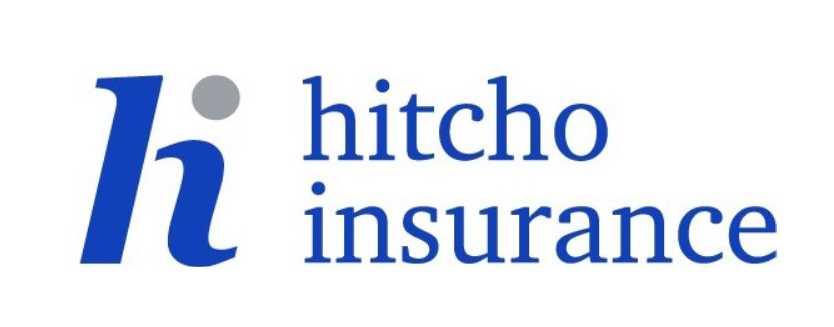Medicare does what it can to work with reputable doctors and institutions. Sometimes though, Medicare gets billed for services that were not performed, and the wrong medical codes are submitted on claims. This can be an innocent mistake on the part of your doctor or hospital staff but needs to be corrected immediately. Billing becomes fraud when a doctor knowingly bills Medicare for services that were not medically necessary, not accurately coded, or not for a Medicare beneficiary.
To make sure everything on your claims is accurate, look over your Medicare Summary Notice regularly. The notice lists the amount billed for each service or product, the amount paid by Medicare, and the amount you owe. If you suspect an error in one of your claims, contact your doctor or hospital staff. They can correct the error or assure you that everything is as it should be.
Medicare fraud can also come from doctors promising lower costs for more services or claiming that Medicare endorsed their products. Fraud can also come from someone else using your Medicare card or from requesting services or products for someone other than the Medicare beneficiary. When doctors do not follow proper medical practices and perform medically unnecessary tests and procedures, this is Medicare abuse.
How to Avoid Scams
Con artists have attempted to scam people into giving up their Medicare Number or Social Security Number to use in fraudulent activity. To protect yourself, keep these numbers safe and store your Medicare card securely in your wallet. Be wary of phone calls or emails that ask for the same information. It is also important to keep your medical records between yourself and your medical providers.
How to Report Medicare Fraud or Abuse
The Centers for Medicare and Medicaid Services (CMS) is in charge of Medicare and works with the Department of Health and Human Services (HHS), the Office of the Inspector General, the Federal Bureau of Investigations (FBI), and the Department of Justice to handle cases of fraud and abuse.
To report anything suspicious, you can call 1-800-MEDICARE. You need the following information on hand when you make the report:
- Medicare Number
- Your Medicare provider’s name
- The suspected service or product and when it was supposedly given
- The payment amount for the service or product
- The date listed on the Medicare Summary Notice
Medicare may direct you to the Department of Health and Human Services HHS Tipline. You can send a report up to 10 pages describing the incident by email to HHSTIPS@oig.hhs.gov or by fax to 1-800-223-8164. You can also mail your report to the Office of the Inspector General HHS Tips Hotline, P.O. Box 23489, Washington, DC 20026-3489.





